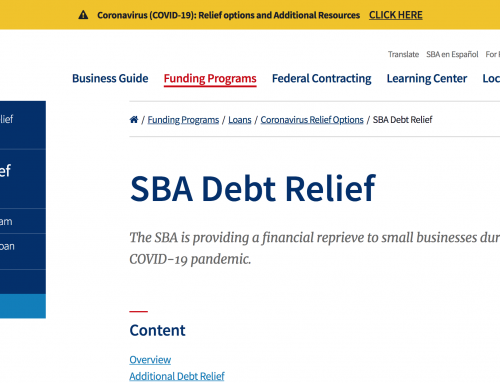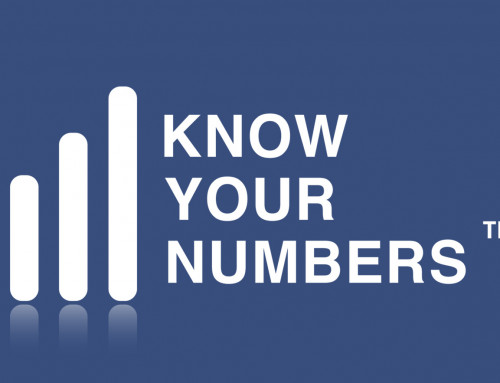Podcast: Play in new window | Download
Subscribe: Apple Podcasts | RSS
In this particular episode, you will learn
- Accounting standards, such as Generally Accepted Accounting Principles - GAAP
- Different types of businesses such as corporations, LLCs, partnerships, and sole proprietorships
Podcast transcript:
Accounting Standards
Business Types and Entities
Managerial Accounting and Analysis
Accounting Standards
There are different accounting standards that are set with a combination of private industry groups and government encouragement. Generally Accepted Accounting Practices in the United States (US GAAP) largely governs the rules for recording transactions and disclosing critical business information to stakeholders. International Financial Reporting Standards (IFRS) governs international standards. Both systems require the use of double-entry accounting. While both sets of standards are similar, there are significant differences such as allowed inventory methodologies and reporting asset valuation.
Business Types and Entities
Accounting is performed for a variety of entities such as businesses, trusts, governments, charities, and others. With the exception of governmental accounting, most accounting systems follow similar double entry, accrual accounting. Depending on the entity type, there may be requirements to call the financial statements slightly different names, although they may be nearly identical. The income statement may also be called a profit and loss, earnings statement, or other similar name. A balance sheet may be referred to as the statement of financial condition or other similar name. Business legal structures are covered in another lesson.
Managerial Accounting and Analysis
Accounting is designed to be useful. The system is subject to interpretation to an extent, but generally provides an excellent framework for tracking business operations based upon industry guidelines. Managerial accounting is designed strictly for internal purposes and may employ any accounting system that is useful to the business. Once the financial statements are compiled, the data may be analyzed using ratios and financial analysis, covered in another lesson. Accounting can provide powerful information to all stakeholders when properly maintained and interpreted.





Leave A Comment